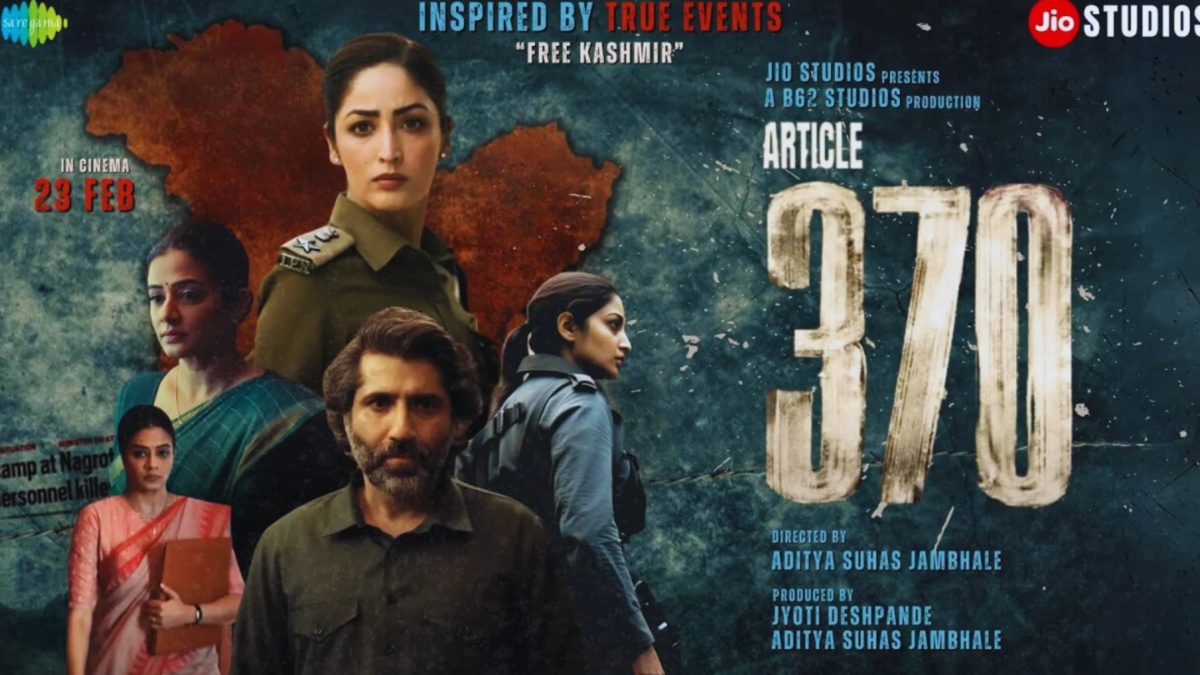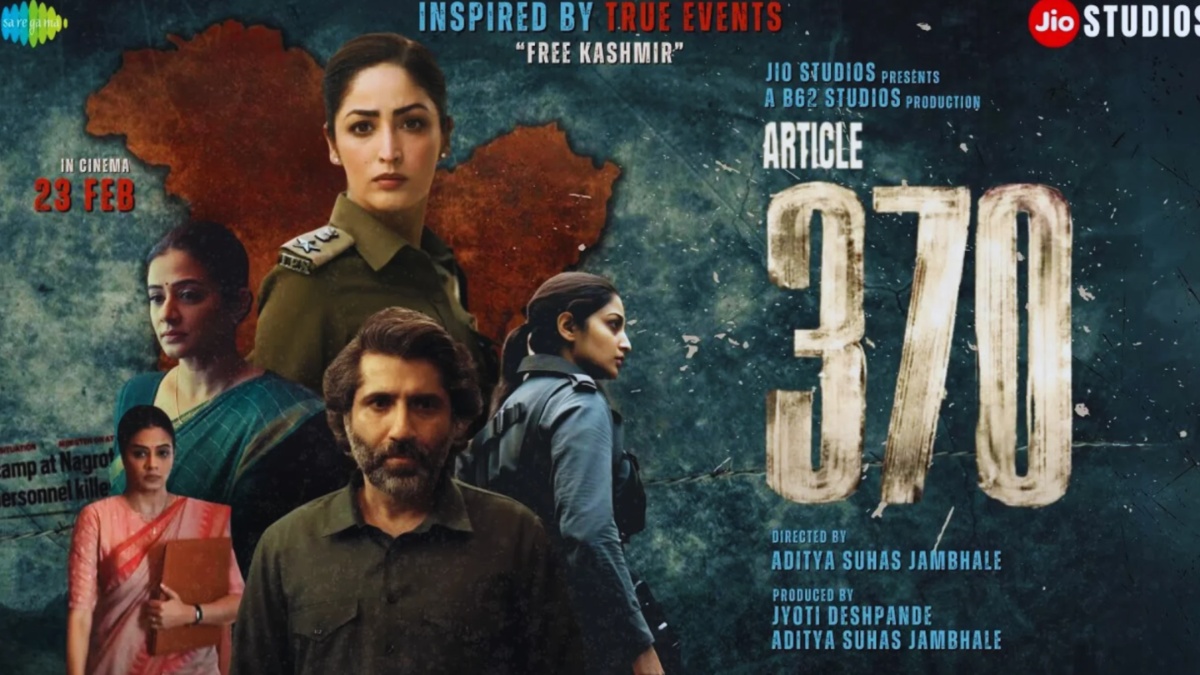Every other day in the Great Indian Political Whirligig one committee or the other submits its report. These reports are duly accepted or ‘accepted with conditions’ by the government and then dispatched to the dark hole of Indian inefficiency. Once dispatched there, few reports are dusted and taken out to be given a second life, though frequently referred to in debates in Parliament.
Some are classified as political time-bombs, some as not possible to implement, some are just literature to embellish the India of the imagination of the elite, and most are just worth the weight of the paper they are printed on.
But we love them all, and they become part of our litany of troubles, pains and problems. Speeches are made, hartals called and the drama of mass arrests enacted in front of TV cameras, all in the name of some of these reports. Off and on they are mentioned in speeches by back benchers of Parliament and hurriedly forgotten.
All of them serve one purpose: they all help in wishing away the problem. We love to wallow in these problems for decades and generations. Confronting these problems bravely has never been our intention.
Into this category will surely fall the report of the interlocuters for Jammu and Kashmir, fashionably titled: A new compact for Jammu and Kashmir. Two new usages thus will come into political parlance, ‘interlocutors’ (quite possibly a Chidambaram creation) and ‘compact’ (without doubt Dileep Padgaonkar’s contribution). The very use of the word interlocutors is acceptance of the fact that we need some ‘middlemen,’ some committee-wallah to speak to people of our own country and that Kashmir has been far distanced from our national consciousness. What prevented the home minister from being an interlocutor himself?
The new compact report will hopefully help keep Kashmir within our consciousness for some time, from where it keeps slipping out into long periods of oblivion despite the frenetic tweeting of Chief Minister Omar Abdullah who needs to often apprise us of the fact that he is around and trying to keep the fires under control.
Neither solution nor meaningful dialogue will be any nearer after this report, nor is any intended. The salient feature of this report, apart from certain convoluted suggestions, is the constitution of another Constitutional Committee to look at all central laws concerning J&K and that report is to be submitted in six months. Since we love committees and the crucial procrastination that it brings with it, such a committee is quite likely to be set up.
Phew! So much for the resolution of a 60-year-old problem.
One more example to show how we love such endless meandering reports. President Pratibha Patil, in an interview to The Hindu prior to her retirement, meant to announce her achievements, mentioned two Governors’ conferences she summoned as her prime achievement. What did these conferences achieve? “The conference led to the setting up of a new committee of governors which consulted state governments, legislators and non-governmental organisations before calling for a new high-level initiative to push forward reform”. This report, the President says, was discussed with the Prime Minister. There it stands.
The purpose of this article is to look at lessons in governance and political conviction in other countries where Prime Ministers have a vision and the conviction to carry it out. In Turkey, there has been a constant struggle between moderate and conservative Islam, and the efforts to modernise Turkey have vastly succeeded. That is because moderate Islam has a long tradition there.
Prime Minister Tayyip Erdogan last year made a speech which an Indian Prime Minister will never have the guts to. Speaking in Cairo, he had the courage of conviction to call upon Egypt to confine the role of Islam to private life. An Indian Prime minister will never give the same call to neighbouring Pakistan, because he cannot give the same call to religious leaders in his own ‘secular’ country. Nor will an Indian PM like his Turkish counterpart say that atheists’ sensibilities too have a role to play in a secular country.
It is in a society that is badly governed that committee reports are seen as panaceas. Leaving a huge vacuum in governance and vision, where nothing of great relevance is stated (unlike in Turkey), is a dangerous thing. It is into that hallowed space that various egg-headed philosophies will entrench themselves.
This national conspiracy of silence, this national weakness for confining everything into a black hole and trying to wish problems away, this fear of uttering any definite solutions to long-standing issues, has made the committee wallahs, India’s biggest workaholics.
As I write this, the long standing committee-wallah, C Rangarajan, has been appointed to head yet another committee to draw another new poverty line to replace the poverty line drawn up by the Suresh Tendulkar committee. Why can’t the Finance Minister do it over a lunch meeting? Doesn’t he have an indelible ink to cut a line through starving India and then shout ‘Hurray’?
The poor man who lives on Rs 28 a day (the present poverty line) will be wondering who this Rangarajan is, who has presided over maybe 50 committees in his long and never-ending service to the nation. He may want to make a trip to Delhi and pay obeisance to this Dinosaur-era economist who, despite the various reports he has written, has not managed to coax policy changes that will end hunger. Maybe Rangarajan will have some economic theory to satiate his hunger.


)




)
)
)
)
)
)
)
)